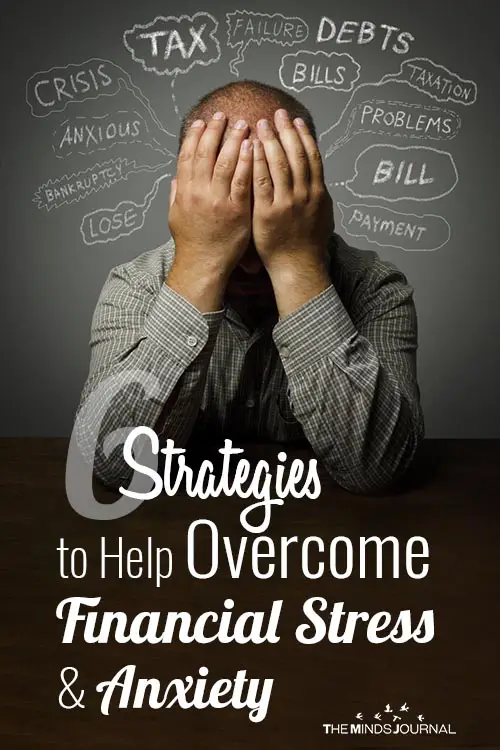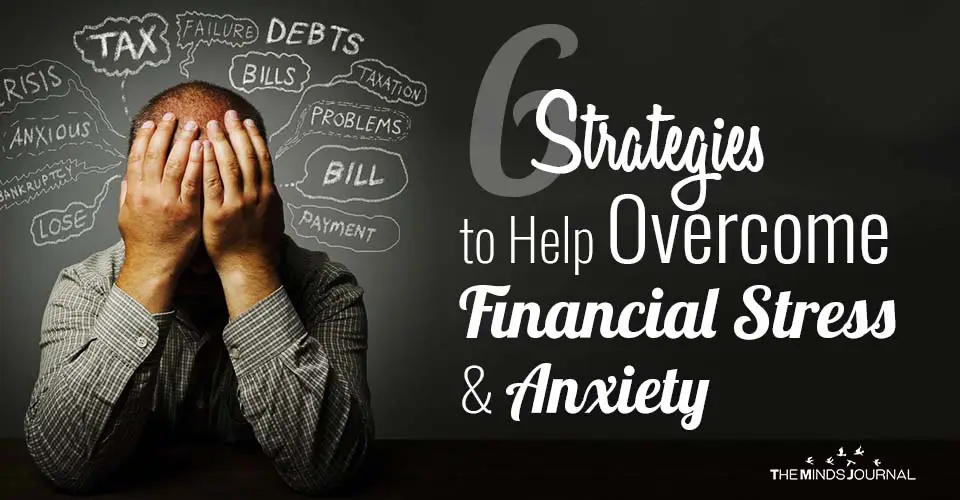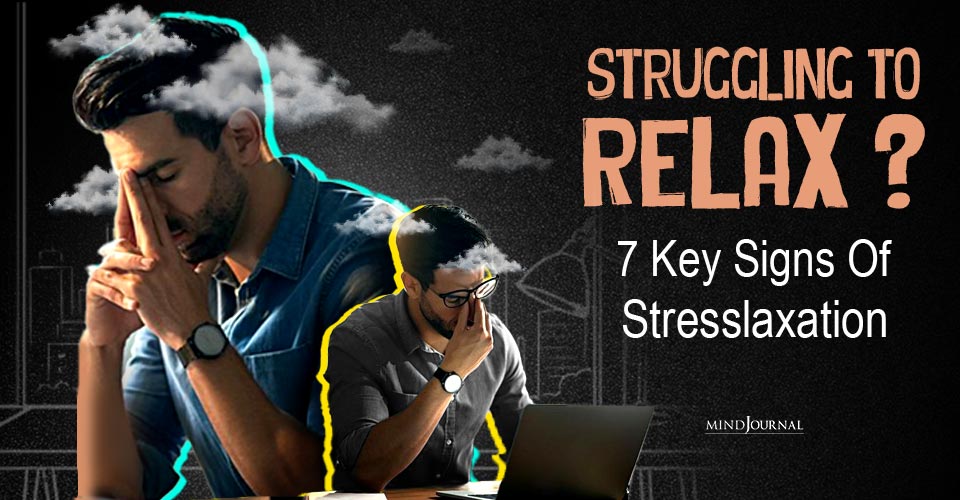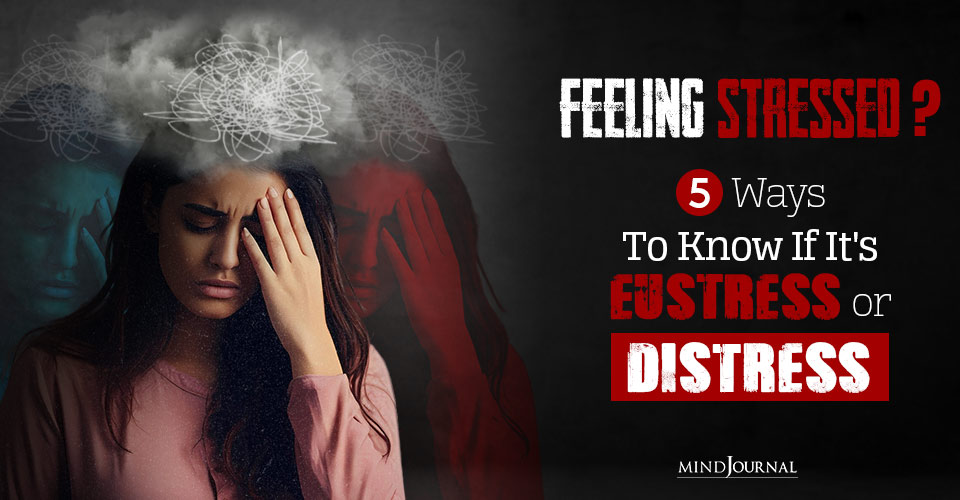If you are struggling with financial stress, start with these strategies, and you’ll be on your way to a healthier outlook.
Millennials and Gen-Zers are stressed about money and have a ton of anxiety over personal finance. Why? It’s a product of the world they’ve grown up in.
They saw their parents struggle during the Great Recession. They’re constantly exposed to toxic political messaging, and saving money seems impossible.
They’re comparing themselves to peers on social media who seem to have it all but are hiding the credit card debt they incur to finance their glamorous vacations and lifestyles.
On top of all that, they’re stuck with an average of $28,650 in student debt. It’s enough to give anyone anxiety around spending, saving, and making money.
If you’re struggling, I have good news: I’ve seen firsthand that the following coping strategies can help you reduce your financial stress and anxieties.
Here Are 6 Surefire Strategies To Overcoming Financial Stress And Anxiety.
1. Identify stressful triggers.
The 24-hour news cycle can be overwhelming. If listening to stock market reports during your commute gets you worked up, try listening to a relaxing podcast instead.
If talking to your parents always turns into a stressful conversation about paying down your debts, tell them you need them to toss that topic.
Learn to identify your own financial stressors and avoid them whenever you can.
Related: How To Help A Child With Stressful Experiences
2. Build up immunity to chronic stress.
You can’t always avoid triggers, though, so it’s important to find calming activities that work for you.
For some, that might be meditating, practicing yoga, or taking a walk. Others might prefer reading a novel or writing in a journal.
If you can find hobbies that leave you feeling more centered and less reactive, you can turn to them both before and after you encounter your triggers to help build immunity to stress over time.
3. Lean on your community.
About 40-million adults deal with anxiety disorders each year — you’re not alone.
And you’re not alone in life, either. Reach out to the friends or family members who have your back, who you can talk to without fear of judgment.
Oftentimes, you’ll discover things about yourself and process your feelings as you talk with trusted allies, so work to stay connected and foster valuable conversations.
4. Rethink your money messages.
Your beliefs about money have been brewing since childhood.
Something I internalized early was that I should always save for a rainy day. But in my mind, it never rained hard enough to merit using those savings.
Rainy day funds typically contain up to $2,500 and are meant to ease anxiety, but I never gave myself permission to use my savings in tough times.
When I reframed this message to, “Always save for a rainy day, and use that money when it’s raining,” giving myself that permission decreased my anxiety.
5. Find your sense of security beyond money.
Money is an important tool. It’s how you pay rent, buy food, and take care of your daily needs.
But money isn’t the only form of security.
Consider the talents that would allow you to find another job, your network of professional contacts who can help when times get tough, and the resources you used during your last rough patch. None of those is monetary, but they’re just as valuable as money in the bank.
Related: Where to Get Money for Unexpected Expenses?
6. Moderate your spending.
This last piece of advice is critical: You need to build up an emergency fund that would cover your needs for at least three to six months in case of a short-term financial setback. And the only way is to spend less than you earn.
Can Saving Money Make You Happier In Life? Study Says YES! Read Can Saving Money Make You Happier?
The short-term pain of saving instead of spending will outweigh the long-term pain of being unable to weather a financial storm.
Young adults face tremendous societal and monetary pressure. But in my work, I’ve used techniques like these to help clients reduce their anxiety by analyzing their behaviors and ideas about money.
Start with these strategies, and you’ll be on your way to a healthier outlook.
Written By David Geller
Originally Appeared On YourTango









Leave a Reply
You must be logged in to post a comment.